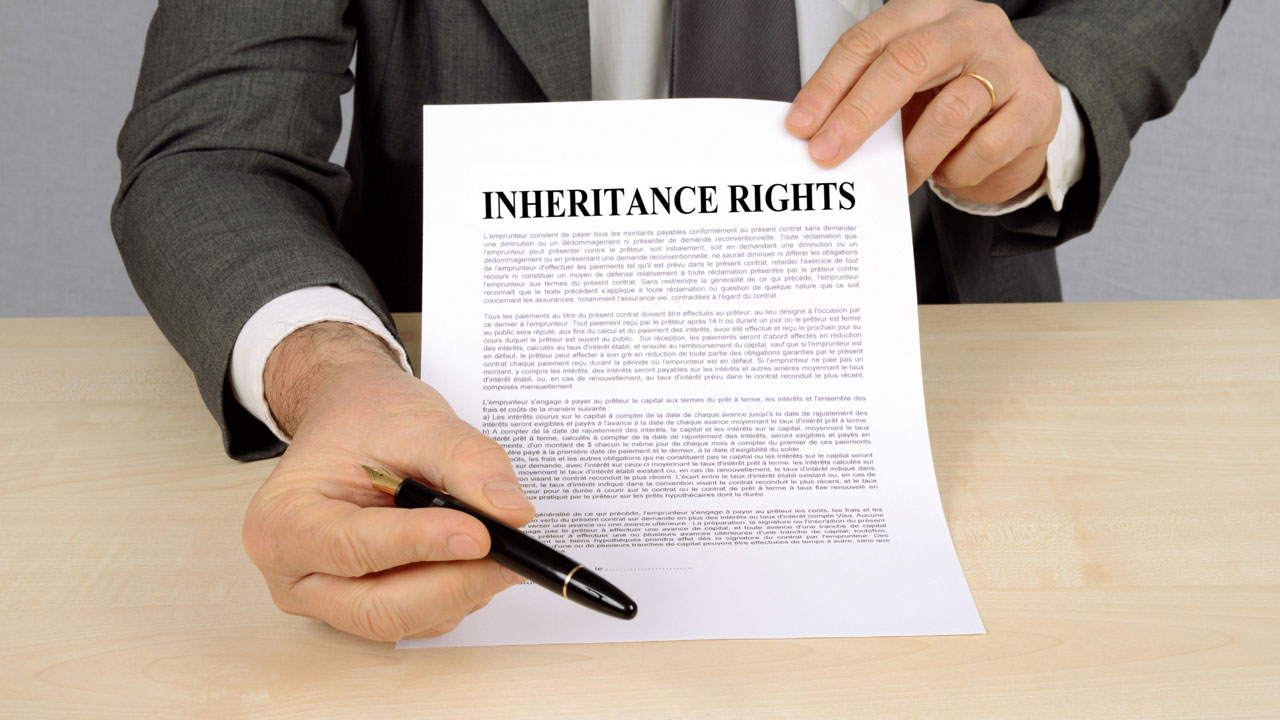As you age, it’s important to have financial and legal plans in place to determine what happens to your finances. Retirement and estate planning are two closely linked areas of financial advisory services. However, they serve very different purposes. An Orange County estate planning attorney can help you handle both.
Regardless of where you are in life, financial advisory services is important. The said two forms will protect you and your family as you age, ensuring that you have enough resources to live comfortably.
Here, we’ll cover the basics of retirement and estate planning and how they differ.
What is the Difference Between Retirement and Estate Planning?
Both retirement and estate planning are important forms of financial advisory services. They both become more relevant as you age, but you can start them during your young adulthood life.
Retirement planning is designed to help you save enough money to live comfortably in your old age. That way, you won’t need to keep working late in life and can instead enjoy your time. Retirement planning requires lifelong contributions and managing finances.
It differs from estate planning in one major way—it comes into effect while you are still alive. You’ll live to see the fruits of your retirement planning efforts, which is a major incentive for taking it seriously.
Your estate plan, however, is only carried out once you are dead. The point of an estate plan is to provide for your family and determine what happens to your assets after you pass away. Estate planning is aimed at making plans for all of your assets after you die. It includes legal documents like a will, advance directives, trusts, and more.
This form of financial advisory services will distribute your assets among friends and family. Using these legal documents, you can decide who gets which assets. For example, you can put assets into a living trust to make them easier for your loved ones to access upon your death.
You may want to work with an Orange County trust attorney to create trusts that will hold valuable assets so you can pass them on to loved ones. Trusts give you a lot of control over inheritance terms, and they can protect the money from creditors, taxes, and more.
Ultimately, retirement planning will support you in your old age, while estate planning will support others after you pass away.
Why Should You Be Concerned with Retirement and Estate Planning?
If planning for the future is important to you, then retirement and estate planning are key. Investing your time and money in estate planning will make a world of difference when you get older.
Retirement planning in particular will determine your quality of life as you age. Setting aside money in your youth ensures that you’ll have money to rely on when you get older and are retired from working.
For young people, retirement may seem far off. However, the earlier you start planning for retirement, the more money you can save and the better payoff you’ll receive from your investments. You may even be able to retire sooner if you start earlier and save more money.
Estate planning, on the other hand, benefits your loved ones. After your death, they’ll be grieving, making it more difficult than ever to handle the administrative tasks that come with death. An estate plan will make it a little easier for them to get access to their inheritances and your assets, which they may need to pay off debts and settle your affairs.
Create Your Retirement and Estate Plan with a Financial Advisor
Creating an estate plan isn’t a one-and-done act, either. Your will and trust will require some maintenance to stay up-to-date and effective. A trustee can handle your trusts, with responsibilities ranging from disbursing money to managing investments. Many trusts can be modified to change the beneficiaries, the items included in the trust, and more.
The more efficiently you manage your money, the farther you can make it stretch. Investments, trusts, and other tools can be intimidating if you don’t have expertise in them. A financial advisor can help you use them to their full potential to make your life easier and improve the lives of your future beneficiaries.
Why Should Estate Planning Be a Part Of Your Retirement Plan?
Your retirement plan should include savings accounts, investments, and assets. You can begin your retirement account at any point in life, and it generally needs constant maintenance in the form of contributions, managing investments, and more.
Your retirement plan will ensure you have a secure future in your old age. Estate planning is more concerned with what happens after your death. Some parts of your estate plan can affect the end of your life, however.
Advance directives are included in your estate plan, and they determine the kind of medical care you get at the end of your life. Your estate plan can also include money for your funeral, as well as plans for your funeral and requests for your final resting place.
Many estate plans include trusts. There are endless options for different trust types designed for different financial benefits. An asset protection trust, for example, will keep your assets and wealth safe from litigation, creditors, and other unpleasant situations. It can also protect assets for your beneficiaries.
Estate planning is essential for both you and your loved ones. If you plan carefully, you can offer financial support even after you pass away in the form of an inheritance.
Prepare for You and Your Loved Ones Future with Us
At McKenzie Legal & Financial, we specialize in helping our clients prepare financially for old age and the end of their lives. We can help with financial advisory services as well as the legal aspects of estate and retirement plans.
Our legal team offers essential financial and legal support. Schedule a consultation with a legal expert and learn how we can help you make the most of your finances!
Fill out our online form or contact us at 562-526-6941 at McKenzie Legal & Financial today!












